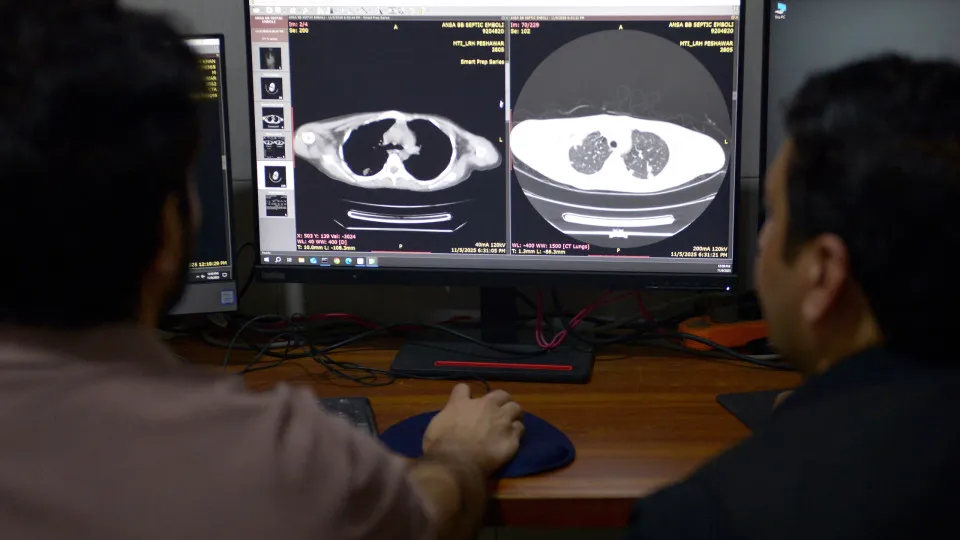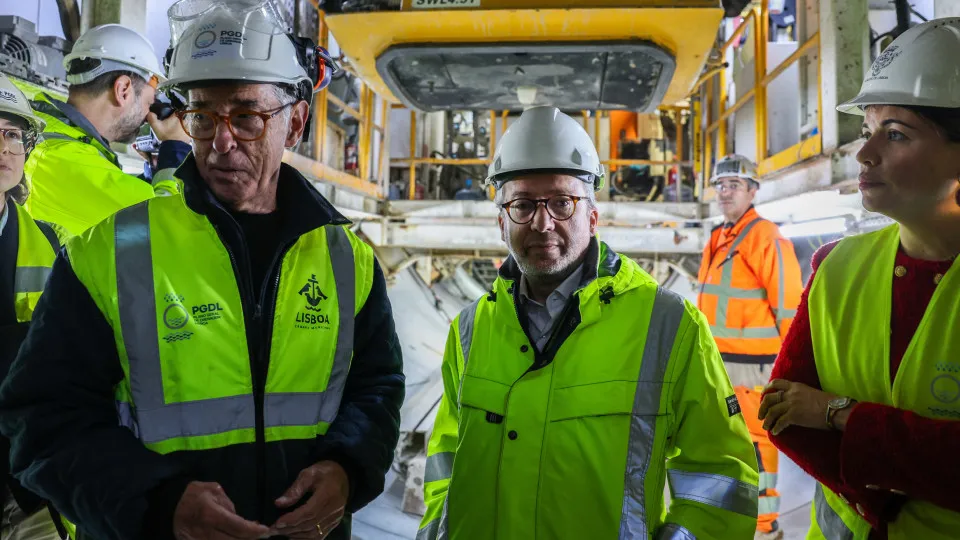
“Media literacy influences people’s behaviors; however, it does not affect their perceptions of journalism and news”, states Miguel Paisana, a researcher at Obercom, CIES-ISCTE, and Iberifier – Iberian Digital Media Observatory.
The DNRPT25 is produced annually by OberCom – Communication Observatory since 2015, published alongside the global report from the RISJ – Reuters Institute for the Study of Journalism, University of Oxford, UK.
Miguel Paisana highlights three “particularly interesting” themes in the report, including media literacy training.
“People with media literacy training tend to pay more for digital news” and access “online news directly,” meaning they visit the websites and also “fact-check more frequently and participate more in news discussions,” the researcher notes.
“There seems to be a correlation between people having some form of media literacy training” and “exhibiting more positive behaviors towards news,” he continues.
As for the possibility that people with this training have more trust in news, this is not the case.
“There is an impact on behaviors, but not on perceptions of journalism”, he notes, emphasizing that OberCom has been involved in media literacy for many years, which is an “important” issue.
Miguel Paisana points out that when such initiatives (training) are promoted, the benefits are seen in the medium to long term.
“We won’t see the benefits in the short term, but in the medium and long term, there are gains. So, whether for brands or official institutions,” there is “clearly a positive influence of media literacy,” reinforces the researcher, highlighting this as a “very positive data” from DNRPT25.
Another aspect of the study is that “about 4 in 10 Portuguese” consider that “social networks remove little content”.
In this context, “we’re talking about moderation issues, content filtering,” and although 39% is not a majority, it’s “a significant proportion of people who think platforms should play an active role in moderating public debate around information and news.”
This is “contrary to the general trend of networks, which is to retreat from their internal information verification systems and outsource this task to the community,” he notes, stating that it is a “curious” aspect.
Another topic addressed in the study is artificial intelligence (AI), which was previously mentioned in the 2024 report but is now further explored.
“People still view journalists as an anchor of trust, let’s say, as credibility in their perception of what news is, which I think is important and interesting,” the researcher points out.
The report delves into AI for news consumption, “and here is another interesting aspect, where people see AI as positive, but more in terms of comfort and quality of news consumption,” which includes translation, news summaries, among others.
Thus, “there is some personalization of news as well,” where people see positive aspects in improving their consumption quality. Conversely, “there is greater skepticism” about the role of AI in news production, “especially with a more autonomous tendency.”
The report also indicates that the Portuguese “are relatively active in seeking verification of information,” with “the prevalence of actors like news brands they trust, official sources, such as government websites, and also ‘fact-checkers’ who have already established themselves” and gained relevance.
In the case of search engines, the Portuguese “use them significantly,” he says.
In fact, “we are one of the few European markets where search engines are more prevalent than social networks for information consumption and access,” and “we have a rather significant preference for this element,” he points out.
Some international trends on misinformation relate to influencers playing a predominant role in the daily information environment, as seen in the U.S., where podcasts and YouTubers played an important role in defining elections, he states.
However, in Portugal, “half of the Portuguese” express “concern about misinformation originating from influencers and online personalities,” he notes.
This is an “under-regulated” aspect of the Portuguese media ecosystem, he says.
“More than 4 in 10 Portuguese are concerned about misinformation originating from politicians or political actors or parties and also 40% from foreign governments, politicians, or political parties,” he points out.
Figures that “aren’t overwhelming, but I would say they are already very significant. This is perhaps the most concerning data, that misinformation is becoming more sophisticated,” warns the researcher, and people are alerted to this, which is “positive in itself.”
The researcher also highlights the role of regional and local press, which despite its limited impact, continues “to play a key role for certain demographics, particularly older ones,” who are often forgotten in the information process of big national brands.
Regional press “has a fundamental role in the informative inclusion of people who might otherwise not have access,” concludes Miguel Paisana.
In the context of DNRPT25, 2,012 people were surveyed.




